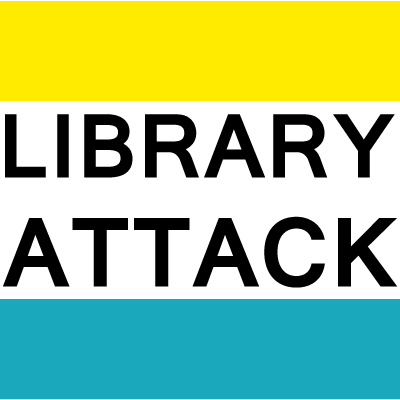
flickr photo shared by That Guy DouG under a Creative Commons ( BY-NC ) license
This week my local public library is in the news about its new weeding project. The director has tried to explain the project in another local website, but it’s the sort of thing that’s hard to do. Weeding is one of those library functions that’s necessary for a good collection, though seemingly at odds with a library’s mission, and attracts such ire people don’t want to publicize it. Just last year another local public library received public outrage when they weeded their collection. This happens all over frequently because people aren’t memorizing ALA’s guidelines for weeding, and I don’t really expect my library’s users or my friends and neighbors to do so. This means we, the weeders, need to do better.
Better how? Well, I think we need to walk the balance of transparency, honesty, and getting the work done. This means the process will be more involved, internally and externally, but the outcomes will engender less ill will. This is something I wish we did a better job of when I had to single handedly weed our collection by 20-30%. Faculty and students were understandably upset by the sight of recycling bins full of books and empty shelves, but our collection had never been weeded and I took time to talk to them about why we had to do it (losing half our space) and how I decided what to toss (has it been used? does it fit with our collections scope?). This means you have to articulate what kind of library you are and what the collection is for. I tossed Fortran books because nobody uses it anymore and I know a library collecting on computer science history should keep it. In 20 years somebody will probably weed the handful of Python books we have, as they should.
Transparency going forward means making your weeding guidelines publicly available. It means having the data available. How many books are being weeded? What percentage of the collection is that? How were the weeding lists generated? That was one of the most frustrating things about our weeding project; because we didn’t have an ILS until 2009 we didn’t really have the data to make these decisions. The project did help us finish barcoding the collection, which was a feat.
People, library staff and library users, will probably still be unhappy about weeding because it just sucks. People like libraries because we keep material and knowledge safe and accessible, and weeding it makes that particular item less accessible despite making the collection as a whole better. Some understanding that people will be upset and giving them that space but still progressing is probably a good way forward. Hiding the process and not letting people know what’s going on or be involved will only make them more upset and escalate the reaction, which is a pretty common story.
Any thoughts on how to make weeding more palatable?

Leave a Reply